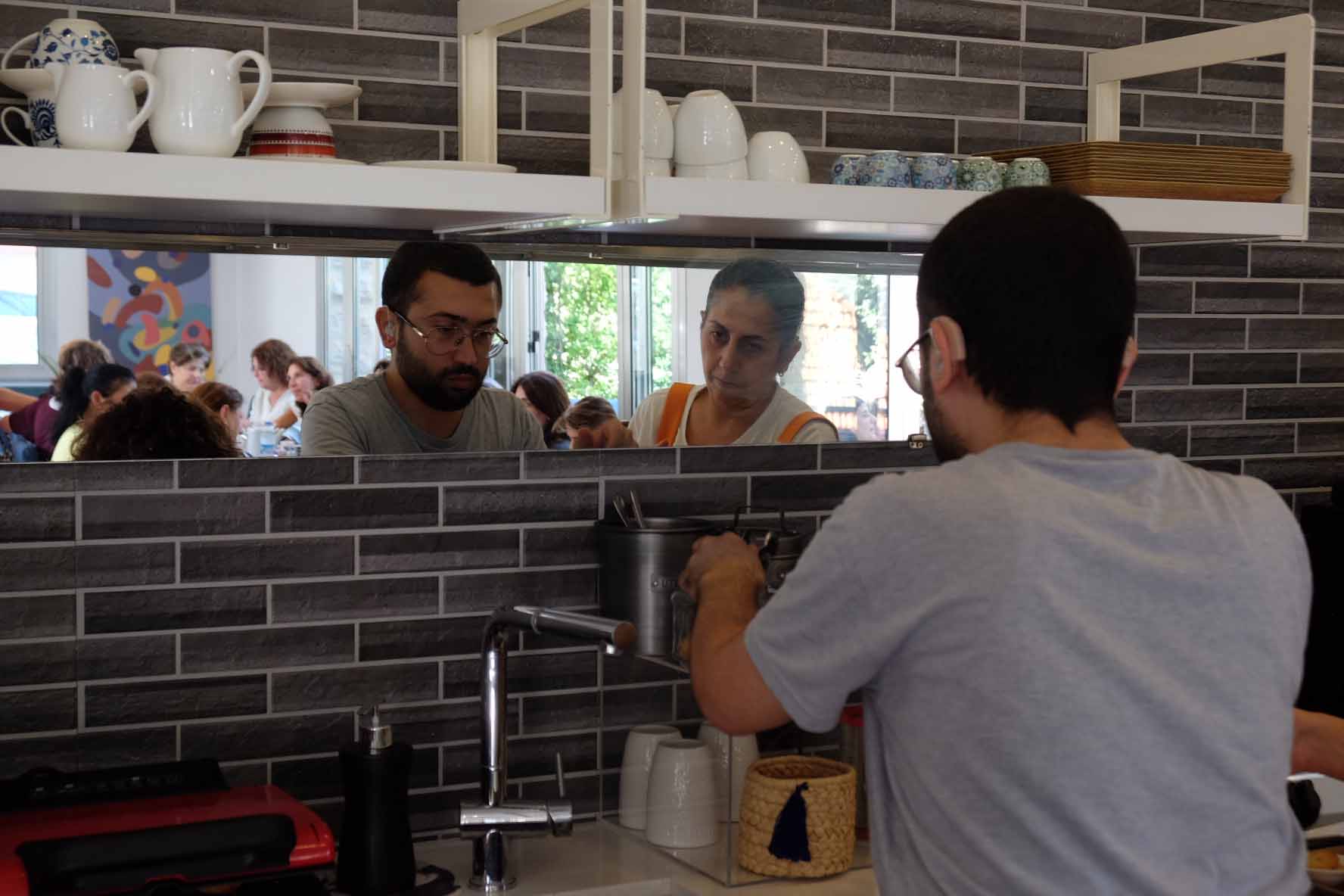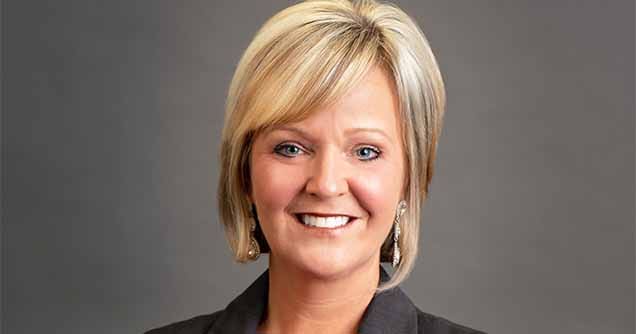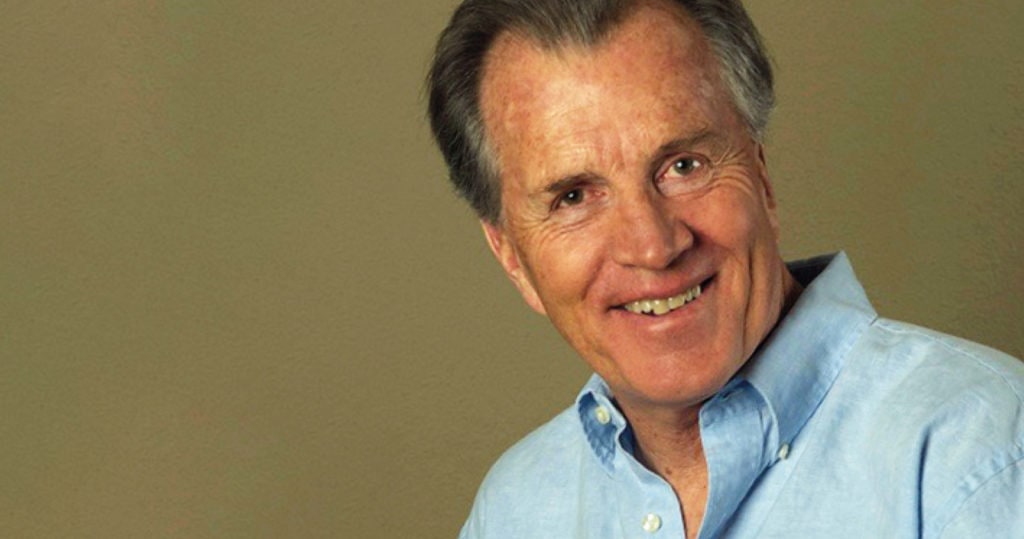
The Institute of Audio-Phonetic Rehabilitation (IRAP) specializes in the education and social integration of hearing-impaired children and young people in Lebanon. For Roger Obeid FCSI, it has been an important part of his life since he was a boy. Encouraged by his mother, he started volunteering there in his childhood and his passion for IRAP’s mission has only grown since then.
In 2017, he started work on his PhD on the inclusion of disabled people in the hospitality industry, a sector he has worked in for more than 40 years, and almost immediately he found a case study to prove his central thesis. The founder of IRAP wanted to create a restaurant staffed entirely by hearing-impaired people within their campus to show the hospitality industry how easily it can be done. It was a no-brainer to call on their friend and supporter who had been running a hospitality consultancy, ORHC, since 1981.
For Obeid, it is unthinkable that the inclusion of disabled employees in hospitality is not already the norm. “Disability represents 12-15% of the human population- that’s one billion people worldwide. And while the general perception is that disability means being in a wheelchair, that type of disability only makes up less than 2% of the disabled population; more than 80% hide their disability,” he says. “Many businesses talk about inclusion, but very few truly implement it. My goal is to break the ice between the two communities and turn this challenge into a benefit for both the hearing-impaired community and the hospitality industry.”
Spirit of cooperation
Obeid’s first priority for the IRAP project was to ensure everyone involved, from the architect to the electrician, knew why they were doing it. The specs, he says, wouldn’t differ much from any other restaurant, but he wanted to instill a spirit of open cooperation in everyone and make sure they were all working for the same cause.
That spirit shines through in the virtual tour of the venue a 33-cover restaurant, plus a 38-cover terrace, served by a small live cooking kitchen where guests can see the staff at work, and backed up by a finishing kitchen. The atmosphere is relaxed and friendly, with the staff cheerfully going about their tasks while guests help themselves to the serve-yourself buffet set up on the 4m 40 counter.
Many return later to grab a sweet pastry, which are also on display. They can also order appetizers, salads or the plat du jour, which tends to be casual fare.
The concept was ambitious in scope, touching on all the points of interaction between guests and the impaired staff, from welcoming them and taking the order right through to serving and billing.
Business advantage
The restaurant kitchen equipment is similar to any snack line kitchen, potwashing and dishwashing included. The most important innovation was the simplest: two mirrors to aid communication between waiters and baristas; and between service and dining room. Placed on the back wall of the open kitchen, Obeid has instructed the staff to look at them every few seconds, to ensure no-one in the restaurant is ever left waiting for service.
Many venues could be improved with the same system, Obeid stresses and by employing hearing-impaired staff. “I’m convinced that hearing-impaired waiters are the best waiters in the world; they communicate with each other without guests even noticing. They are the masters of communication. My philosophy is that employing hearing-impaired people can give a business a fantastic advantage,” he says.
The staff at IRAP’s restaurant also received intense training from Obeid, where he delivered a condensed version of the BA programme he teaches at various universities. “They learnt about marketing, guest expectations, mise en place, the ins and outs of service from cleaning to table presentation, and much more. When they finished the training course, I told them, ‘You are now ready to go and serve the Queen!’” They are also impressing their families at home, particularly with their plate-carrying abilities, Obeid laughs.
A seamless flow
Other technologies were considered, such as a flashing light system, with each waiter assigned a different color, and a vibrating device to be kept in each waiter’s pocket. Wires were even installed behind the scenes. But in the end Obeid decided they weren’t needed. Everything flowed seamlessly with the mirror alone. “The goal of this restaurant is not just to sell sweets and meals; it’s to show people that inclusion is very easy to implement – and to really amplify this message,” he says. “That’s the real aim of the game. Of course, the economic part is important, but we also want to inspire people.”
The new restaurant, Accueil, is an addition to an F&B offer that IRAP has been expanding over the years. When it was initially founded in 1960, IRAP was financed by its founders, their network and the government, but the 1975 civil war saw a huge influx of refugees into the country, which led to a greater need for IRAP’s services at the same time as government funding was cut. The founders asked the parents of IRAP children to take part in craft workshops to help the institution survive.
Those workshops have since been expanded and joined by an F&B operation, staffed by hearing-impaired people. In another professional kitchen on campus, they create semi-finished and finished savory food products, as well as international sweets including shortbreads and cookies, to sell to supermarkets.
Along with the new restaurant, IRAP also introduced a shop, where those items are now being sold directly to IRAP visitors, in addition to the institution’s wholesale customers.
Obeid believes the hospitality industry has the potential to become the most inclusive industry of them all. “There are so many jobs in our sector that can be filled by hearing-impaired people,” he emphasizes. “It would benefit everybody involved.” Even through an iPhone screen, the truth of his assertion is clear. There are smiling faces at every part of the campus, from the restaurant to the craft shop to the atelier to the offices behind the scenes. Everyone at IRAP embodies the true spirit of hospitality and seem to be as proud of Obeid as he is of them.
Elly Earls




